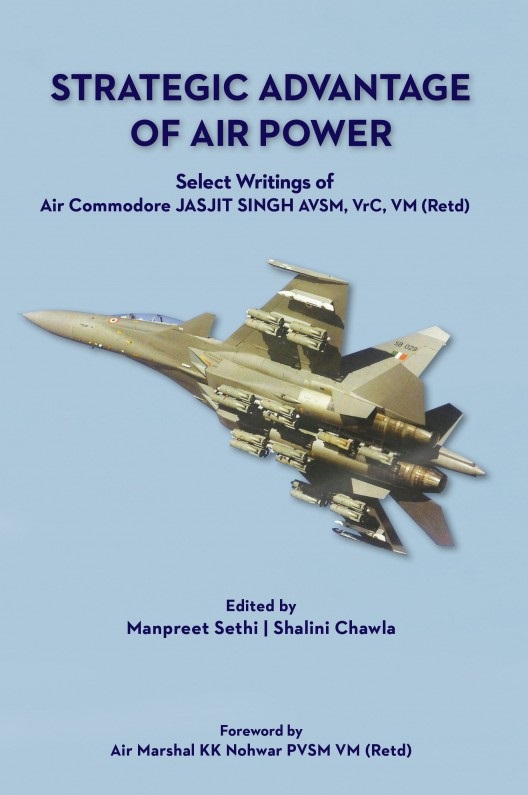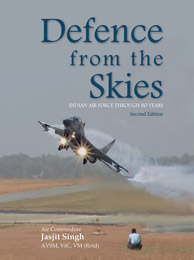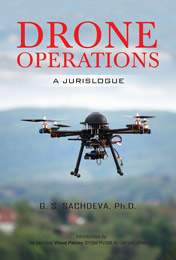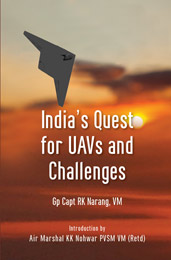Subjects
Strategic Advantage of Air Power Select Writings of Air Commodore Jasjit Singh AVSM, VrC, VM (Retd)
Edited by Manpreet Sethi | Shalini Chawla
Reams have been written on the advantages of air power in speed, stealth, reach, precision and lethality.
Its core competencies remain reconnaissance, surveillance and target acquisition to enable precision and lethal attacks, and for rapid deployment or extraction of men and material. Technological developments over the years, especially in accuracy of air to ground attacks, reach of the aircraft, and precision of weapon systems, have further made it possible to hit enemy centres of gravity or provocation (such as the terror infrastructure that Pakistan supports and uses against India), without having to follow a sequential war of attrition or ground force assaults. Growing air power effectiveness presents itself as a precision tool particularly for deterrence by punishment and even coercive diplomacy.
Air Cmde Jasjit Singh was a serious student of air power and an ardent proponent of its role in national security. During three decades that he spent in think tanks, he wrote abundantly on the many characteristics and operational possibilities of air power. This book brings together some of his select writings on a subject which has gained in relevance worldwide; and in India, particularly since the IAF air strikes on terrorist camps at Balakot in Pakistan following the terrorist attack on an Indian CRPF convoy at Pulwama on February 14, 2019.
This compendium provides a thought-provoking view of the strategic potential of air power. It will whet the appetite of students of national security to look for more of his writings beyond these few and make their own assessments. Nothing would have satisfied Jasjit Singh more than to see the rise of an informed view on the subject of air power.


 Political Science
Political Science



